Petland Pensacola, Florida
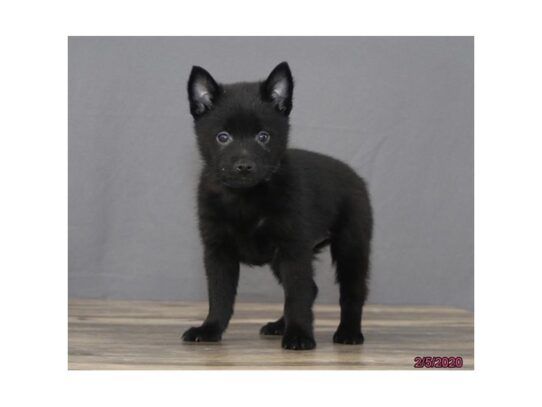 Adopted
Adopted
Status
Adopted
Reference ID
13083
Birth Date
12-11-2019
Gender
Male
Color
Black
Please fill out our contact form below.
"*" indicates required fields
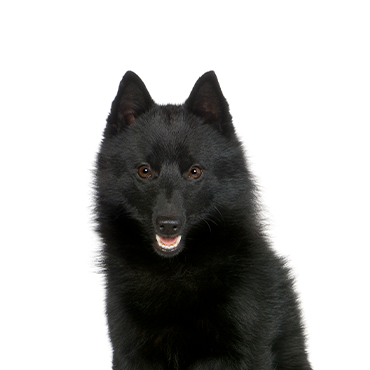
The Belgian “shepherd” dog is a small companion that has proved its worth over time in military and civilian fields. Formerly referred to as Spitzke, the Schipperke exudes so much energy and as such, is known for its agility. Discover more about our Schipperke puppies for sale below!
Breed History
The Schipperke (originally pronounced “sheep-er-ker” but commonly pronounced “skip-er-kee” in America) was probably used during hunts and fishing expeditions as most of the early information surrounding the breed were from articles on hunting and fishing. After years of its existence and being called different names, it was finally accepted as a breed in the early 1880s. It was not until 1889 that its defining characteristics were compiled and published.
Some articles relate the Schipperke to the Spitz but they are two different breeds. It is a descendant of the Leauvenaar which was also a shepherd dog exclusive to a province in Belgium.
Temperament
Although the Schipperke exhibits a high level of submission to its master, it is a difficult and mischievous dog, always seeking avenues to cause trouble. Little wonder it is also called “the little black devil”.
Nonetheless, their troublesome traits can be managed with consistent training and supervision after which they would become reliable but only to an extent because on some other days, they may reconsider their allegiance. Their ability to do this is also seen in the way they investigate whatever tickles their fancy. They would employ all their skills in satisfying their curiosity which is sometimes to their detriment.
When the Schipperkes are around other dogs, they lose all the training they ever had. Their small size doesn't limit them from trying to intimidate other dogs by barking and making aggressive moves. For a dog lover planning to buy a Schipperke, it would a bad idea to have other dogs around and unless one possesses some experience in dog training and grooming, buying a Schipperke could be a wrong move.
Environment
Due to their high energy levels, the Schipperkes are not to be caged. They need an environment with adequate space to allow them to run around and satisfy their hunger for trouble but this should also be properly fenced to prevent them from taking the trouble outside.
They can be kept as household pets as they do not pose to be as aggressive with humans as they are with other animals but this should not be done without training. If kept as household pets, they should be looked after closely and taken out of the yard once in a while.
Exercise.
With all the details provided already, it is apparent that the Schipperke loves to "work out" hence, their owners should be lovers of workouts too. The space in the yard should allow them to do some exercise but it is also essential that they are taken out at least once a week.
Activities that involve thinking and sourcing are also good ideas for exercise because of how independent and curious the Schipperkes are. If allowed to explore, they should be kept under close watch as they may wander far off just to get answers to the questions they may have.
Grooming.
For a furry dog, Schipperkes are relatively cheap to maintain. Their grooming process requires little to no specialty in dog grooming. The basics are a brush to keep the fur looking healthy and a nail clipper to trim the length of the thick nails on their paws.
The only major concern arises when they begin to shed their undercoat which only happens twice or thrice a year and maybe more in females. When this happens, warm baths should be taken to help remove the coat faster instead of letting it litter the whole yard. Regular brushing at this time would also help in getting out the blown coat.
Our Schipperke puppies for sale come from either USDA licensed commercial breeders or hobby breeders with no more than 5 breeding mothers. USDA licensed commercial breeders account for less than 20% of all breeders in the country.
The unregulated breeders who are selling outside of the USDA regulations and without a license are what we consider to be “Puppy Mills.” We are committed to offering Schipperke puppies who will grow up to become important members of your family. We only purchase puppies from the very best sources, and we stand behind every puppy we sell.
Contact us today to learn more about the availability of our Schipperke puppies for sale. We look forward to helping you find your next family member. Our pet counselors can answer any questions you have about our Schipperke puppies.
Frequently Asked Questions about the Schipperke
Do Schipperke shed a lot?
Not a lot. They made shed twice, thrice or a couple more times but not as much as other shepherd dogs. Besides, most of their fur is around their neck.
Are Schipperke always docked?
Almost always. This is why most of the Schipperkes seen online do not have tails but in countries where docking is not allowed, they have the privilege of showing off their bobtails.
Do Schipperke eat a lot?
Yes, they do which puts them at risk of becoming overweight.
How many puppies can Schipperke give birth to?
A Schipperke can give birth to as many as seven puppies in one litter.
How tall can Schipperke get?
The most a Schipperke can grow to is 13 inches. The females top somewhere around 12 inches.
Are all Schipperkes black?
Most Schipperkes are covered with black fur but they could also come in blonde, chocolate, blue or apricot colors.
What is the Schipperke life expectancy?
A healthy Schipperke is expected to live as long as thirteen to fifteen years.
Are Schipperkes hypoallergenic?
Not at all.
Are Schipperkes smart?
Yes, they are. They exhibit a high level of intelligence and inquisitiveness.
What are Schipperkes used for?
Owing to their agility, Schipperkes are often used as watchdogs and guards at home.
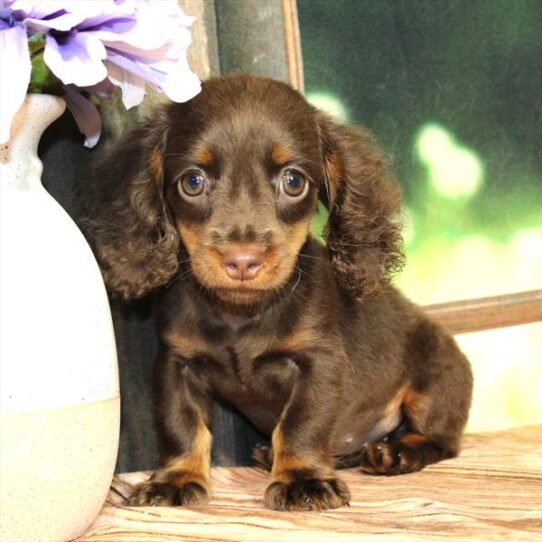
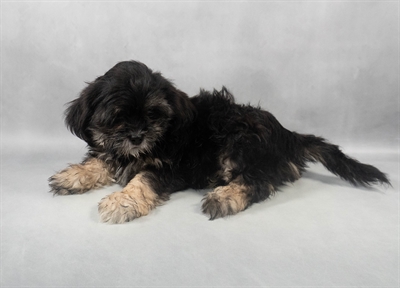
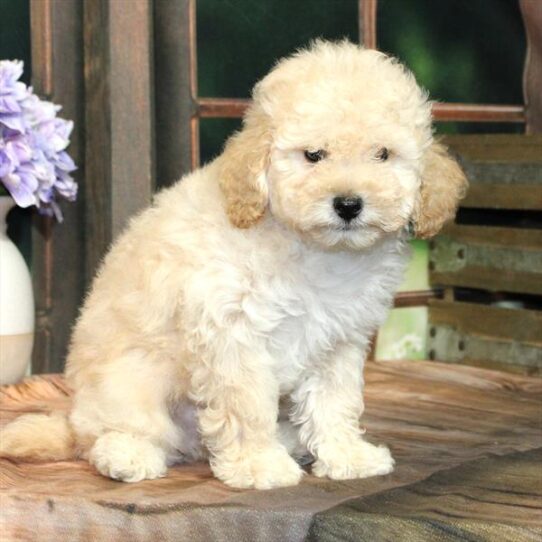
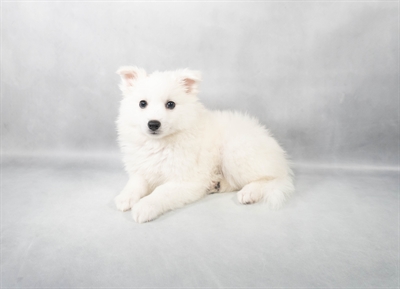
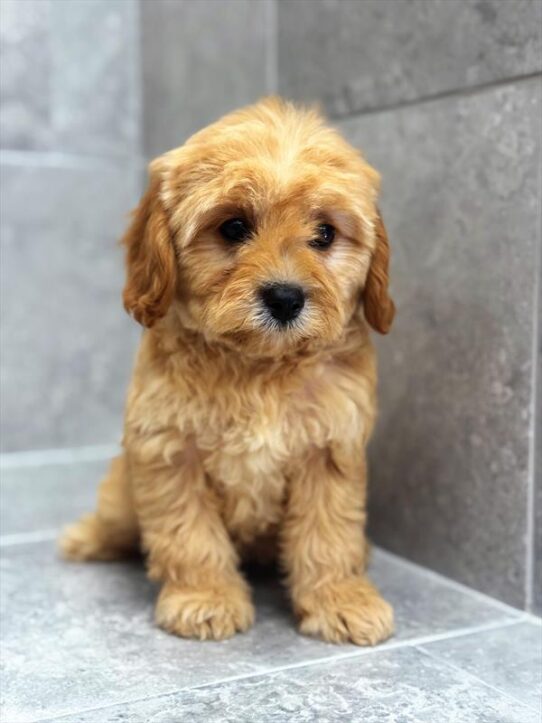
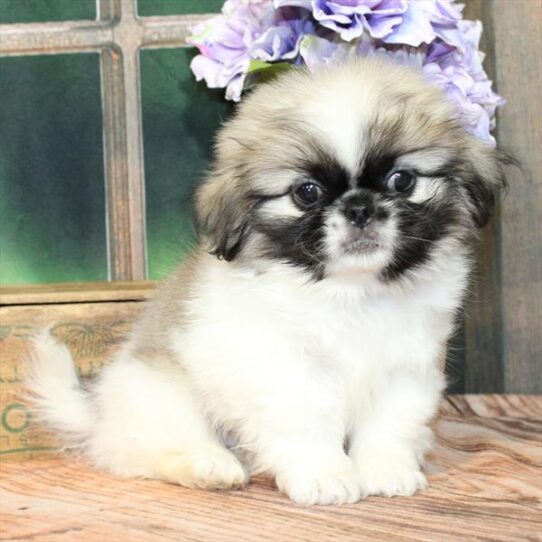
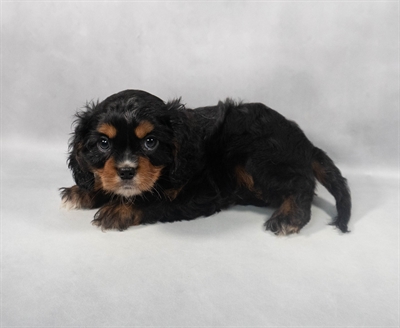
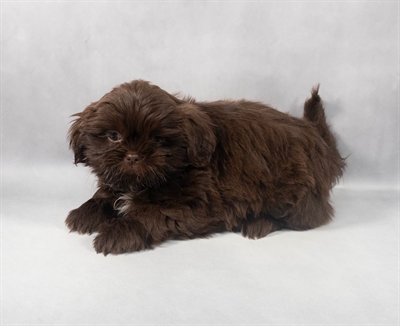
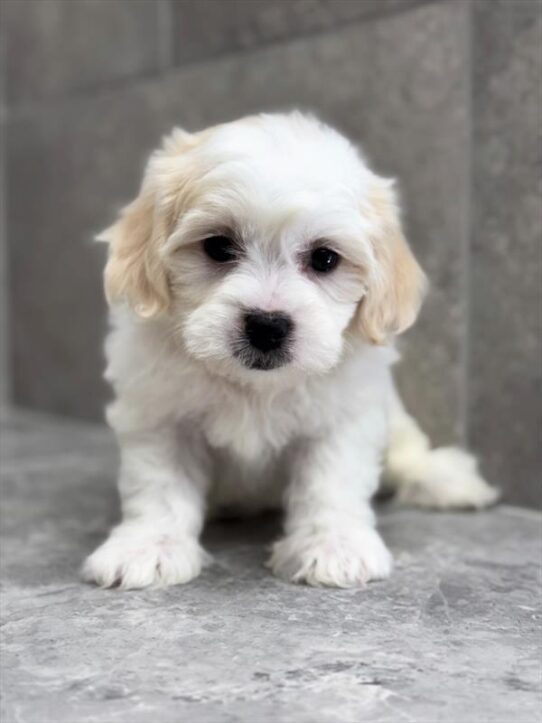
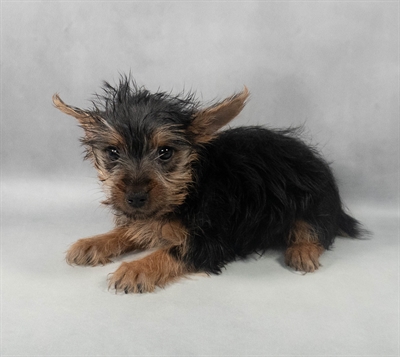
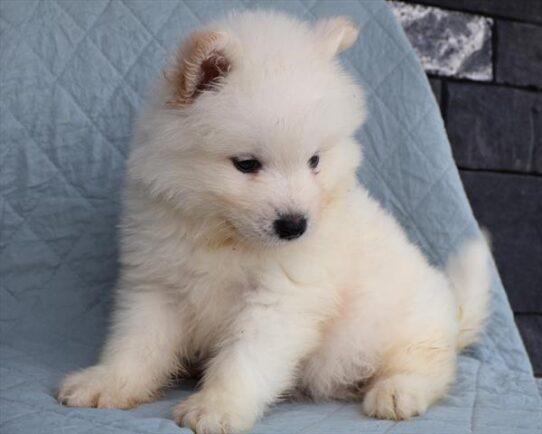
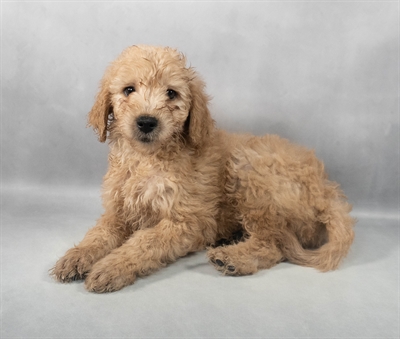
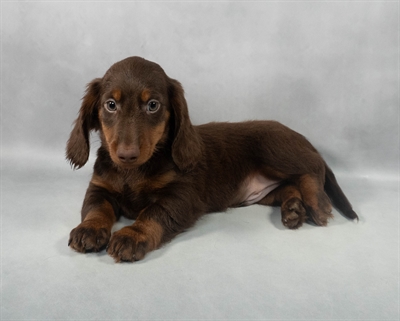
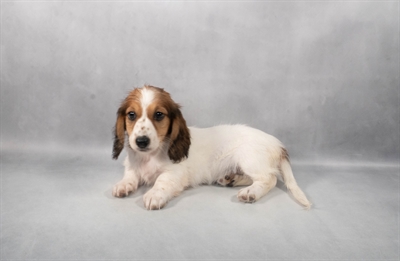
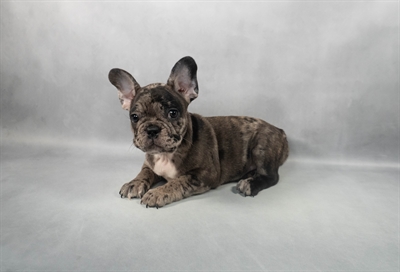
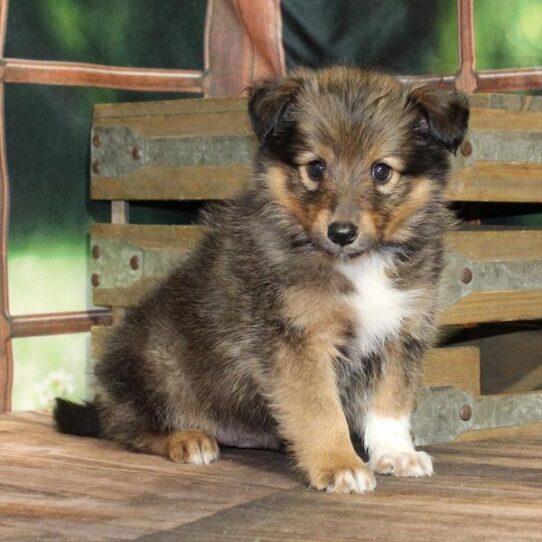
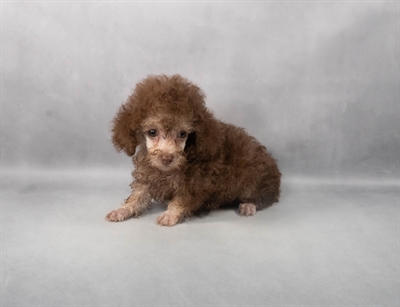
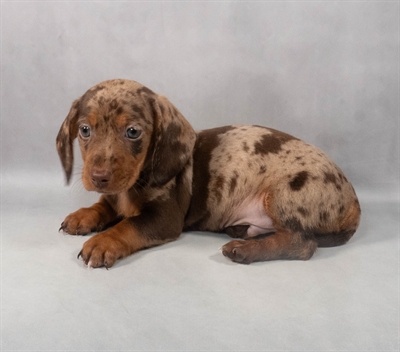
Image Not Found
So, you’ve decided to add a four-legged best friend to your life—congrats! But now comes the hard part… which breed is right for you? Choosing a dog isn’...

Bringing home a new puppy? Get ready for cuteness overload, lots of tail wags, and… a bit of chaos too. Puppies are like tiny, adorable tornadoes that can turn your world ...

Self-care is all about wagging your tail and feeling pawsitively great! It involves activities that keep you happy, healthy, and full of energy. Whether it’s a daily walk,...

Bringing a puppy into your life is like welcoming a furry little tornado of joy, energy, and endless cuteness. But let’s be real—along with the cuddles and wagging t...

As a cat owner, ensuring the health and safety of your furry friend is a top priority. With the emergence of avian influenza, commonly known as bird flu, it’s crucial to u...

Ah, Christmas! The time of year when homes are aglow with twinkling lights, the air is filled with the scent of pine, and everyone is wrapped in a warm, fuzzy feeling of joy and...
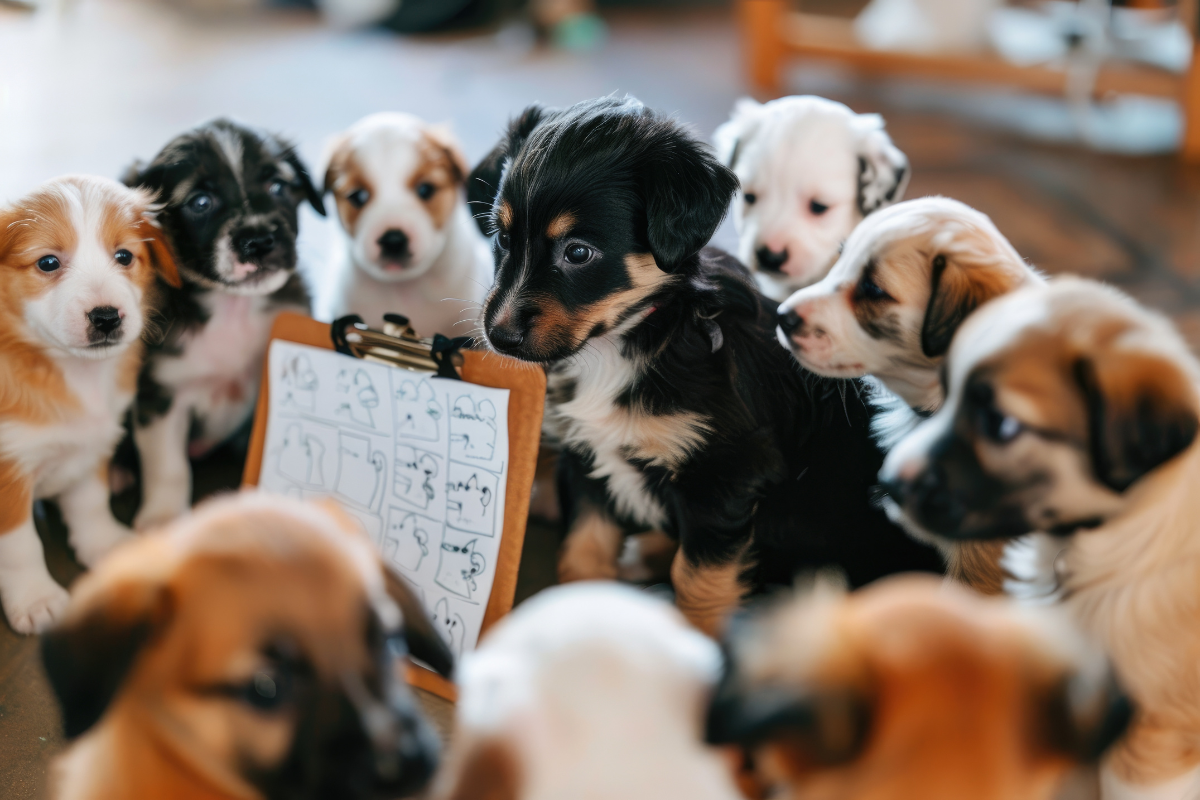
There’s nothing like the joy of bringing a fluffy, four-legged bundle of joy into your life. Puppies are the ultimate companions—full of love, energy, and just a lit...

1. Thanksgiving: The Feast of Gratitude and Gravy Thanksgiving is the time to shine brighter than a disco ball in the holiday hall of fame. It’s when families roll in like...
Image Not Found
Ensuring the well-being of your pets is not just about providing food and shelter; it’s about understanding their needs at every life stage and offering a holistic approac...
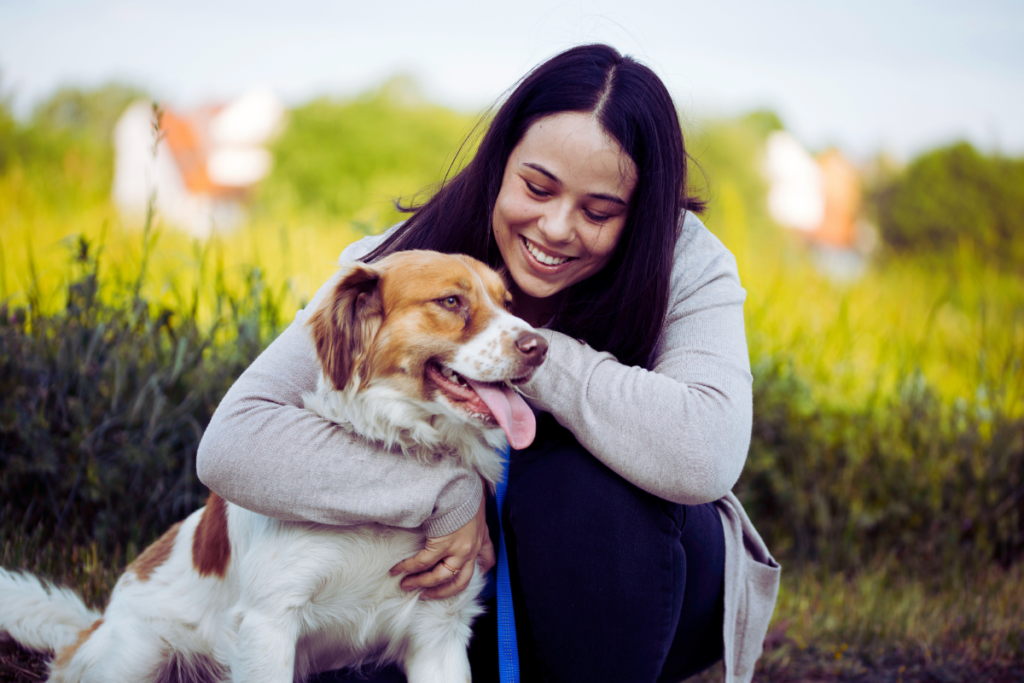
Dog probiotics have gained popularity as more pet owners seek ways to support their pets’ digestive health. Probiotics are live bacteria and yeasts that are beneficial for...
Image Not Found
In today’s digital world, pet care is rapidly evolving, and AI and smart technology are at the forefront of this transformation. These tools are designed to enhance how we...
Image Not Found
As August brings its peak summer heat, it’s vital to ensure that your dog stays cool and comfortable. Dogs can struggle to regulate their body temperature, especially in h...
"*" indicates required fields